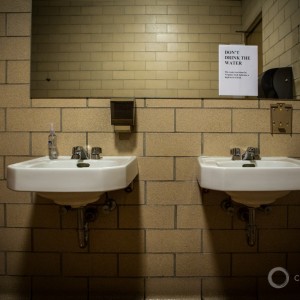The Stream, August 17: Mudslide Devastates Sierra Leone
The Global Rundown
A mudslide in Freetown, Sierra Leone washes away at least 100 homes and claims the lives of over 400 people. Scientists predict that climate change will increase the frequency of harmful algal blooms in lakes and reservoirs around the United States. Flash floods damage U.S.-owned mining operations in Indonesia. A global rainfall analysis reveals that rural areas are drying up and urban flooding is becoming more common. A recent investor report finds that factory farming in Asia poses health and environmental risks.
“One person remains unaccounted for after flash floods that occurred late Tuesday destroyed roads, bridges, water lines and most of the [power] plant…” –A representative of Freeport Indonesia, a U.S.-owned mining operation that sustained damages from a series of flash floods. Ongoing power and water outages are expected. Reuters
By The Numbers
600 Number of people missing in Freetown, Sierra Leone following a mudslide that washed away more than 100 homes. Rescue efforts are being complicated by dangerous terrain and lack of equipment. The UN is assessing the likelihood of a second mudslide, expressing concern that the ground near the initial disaster is now unstable. The Guardian
160 Number of countries included in a large-scale data analysis of rainfall and rivers conducted by the University of New South Wales. Researchers found that climate change is causing higher temperatures and more severe storms, leading to an increase in urban flooding but a drier countryside. Science Daily
Science, Studies, And Reports
A report by Farm Animal Investment Risk & Return explores the cons of Asian factory farming, which is growing rapidly to meet increasing demand for meat and seafood. The report named myriad risks associated with factory farming, including heightened emissions, forest loss, labor abuse, and unsustainability. Reuters
On The Radar
Climate change will trigger an increase in harmful algal blooms in United States lakes and reservoirs, according to a team of researchers led by a Tufts University scientist. The research team’s modeling framework predicts that rural areas of the Northeast and Southeast United States will be most affected. Science Daily
Kayla Ritter is a recent graduate of Michigan State University, where she studied International Relations and Teaching English to Speakers of Other Languages. She is currently based in Manton, Michigan. Kayla enjoys running, writing, and traveling. Contact Kayla Ritter




